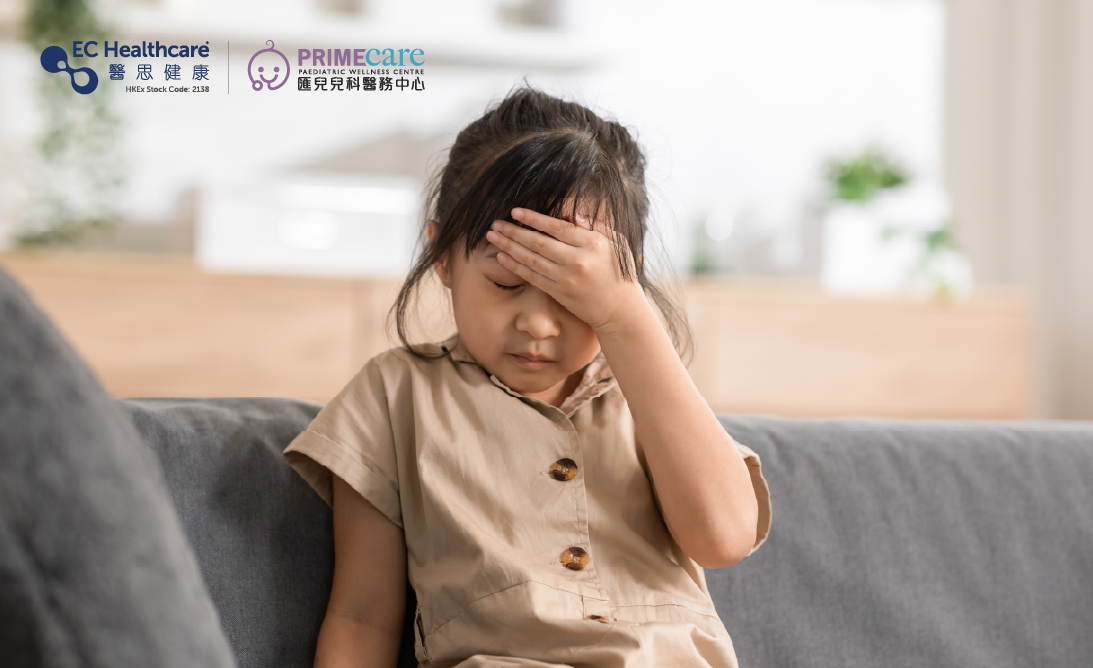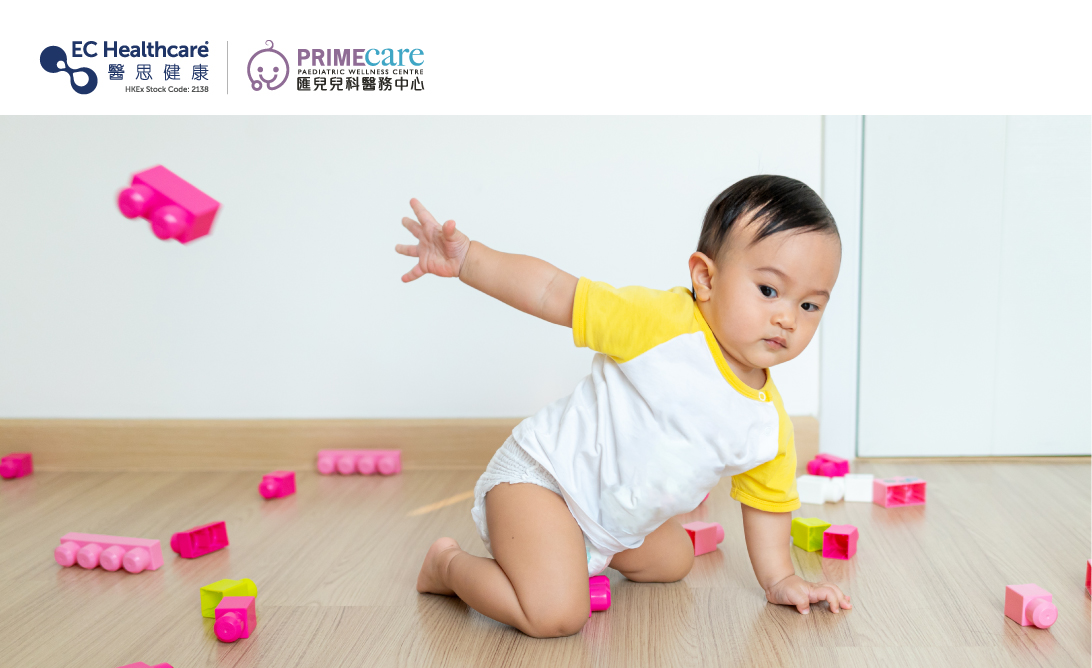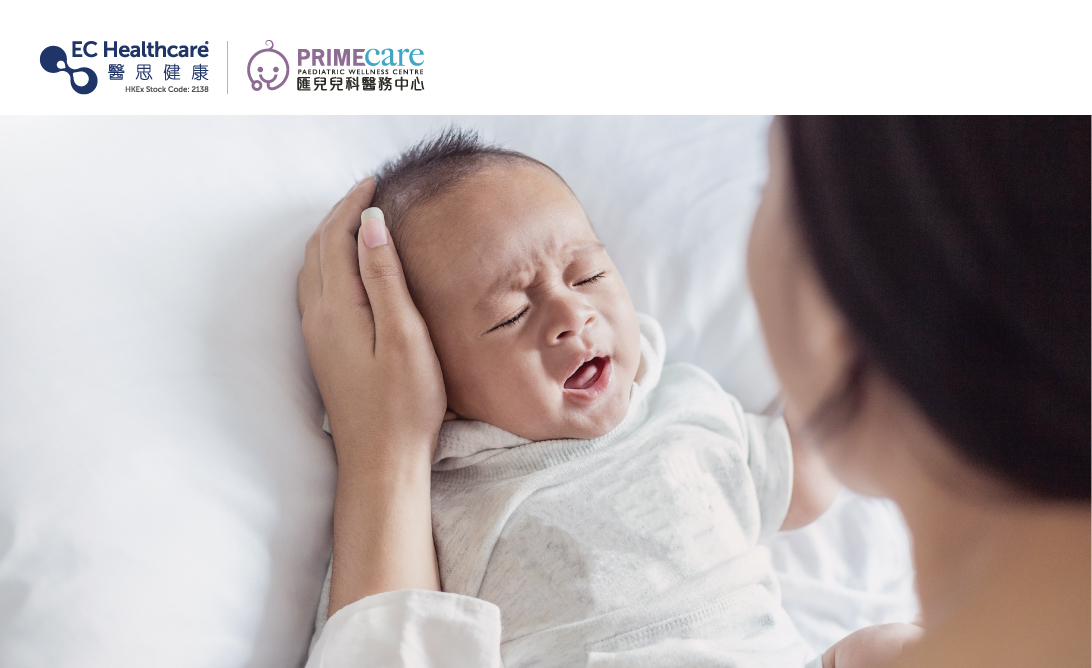Any Child Can Get a Migraine


When parents hear their children say they have migraine headaches, they may wonder if they are faking it. It turns out migraines are not just for adults! Migraines can happen to children too! It can be a major or minor symptom and should not be ignored by parents.
Migraine can be classified as chronic or acute. The most common cause of acute headache in healthy children and adolescents is an acute infection. If acute headache is accompanied by other local neurological abnormalities, acute bleeding in the brain, such as hemangioma, should be excluded. Chronic worsening of headache should be monitored for causes of high brain pressure such as tumours, hydrocephalus, etc. Chronic non-degenerative headache is most commonly known as chronic migraine, while other conditions such as stress and anxiety can also cause chronic headache. Parents can look for characteristics of their child's headache, such as:
1. Rhythmic throbbing pain
2. More pain with exercise or force
3. More pain at the sight of a bright light or when hearing a sound
4. May be accompanied by nausea and vomiting
5. May be accompanied by abdominal pain
Initial migraines may be relieved with some rest, but as the symptoms worsen and become more frequent, a moderate amount of painkillers is usually required. It is also important for parents to identify the triggers that cause headaches in children and try to avoid them. Common causes:
● Diet: pickled foods, hard cheese, chocolate, snacks and drinks, MSG, citrus fruits, dried grapes, bananas, etc.
● Sleep problems: lack of sleep, or sleeping too much, or hungry for a long time.
● Inadequate hydration: e.g. after intense exercise.
● Emotional stress: Stress can cause stress-related headaches and migraines.
● Menstrual flow.
It is also recommended that parents encourage their children to keep a “headache journal” to record their food and activities when they have a headache so that the cause of the headache can be more easily identified and the right medicine can be administered.






